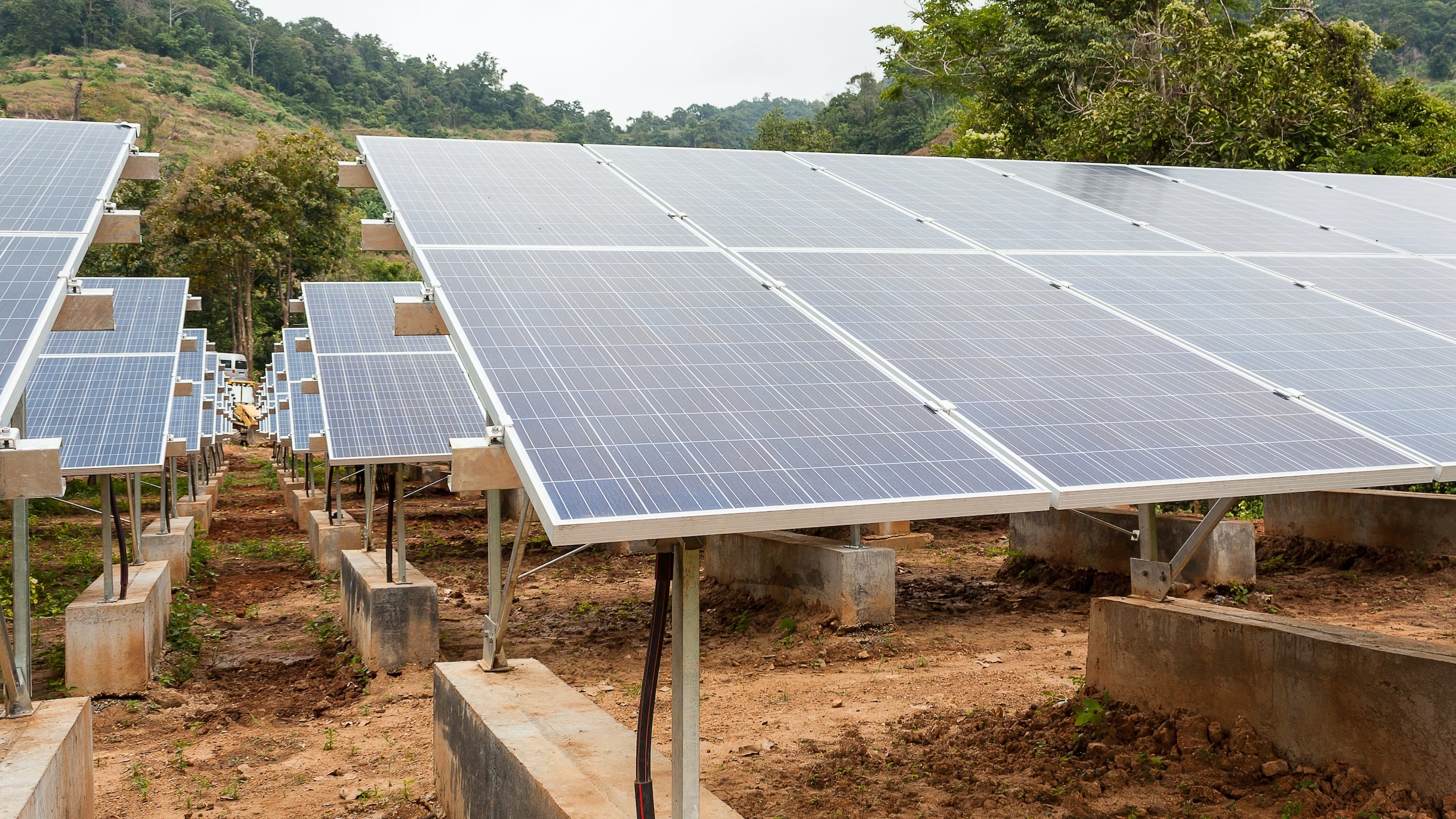 The International Energy Agency states that the Energy Transition Plan charts Uganda’s course for sustainable energy development, meeting climate targets, achieving universal access, and fostering economic growth.
The International Energy Agency states that the Energy Transition Plan charts Uganda’s course for sustainable energy development, meeting climate targets, achieving universal access, and fostering economic growth.
Uganda’s Ministry of Energy and Mineral Development has unveiled the Energy Transition Plan at the COP28 climate summit in Dubai, outlining a strategic approach to fulfilling economic growth and development objectives in a secure, affordable, and sustainable manner. The plan, developed in collaboration with the International Energy Agency (IEA), aims to achieve universal energy access by the end of the decade and peak emissions by 2040. With support from the IEA, the plan demonstrates that Uganda can meet its Nationally Determined Contribution to the Paris Agreement by 2030 and potentially achieve net-zero emissions from its energy sector by 2065.
The core of the Energy Transition Plan focuses on expanding low-emissions electricity across Uganda, leveraging the country’s existing 99% renewable-powered grid. Solar power emerges as a primary low-cost energy source, benefiting from Uganda’s abundant high-quality solar resources. Hydro, geothermal, and future nuclear power facilities complement the energy mix.
To attain universal energy access by 2030, the plan proposes connecting 800,000 households annually. Additionally, Uganda targets deploying over a million cleaner cooking stoves each year to achieve universal access to cleaner cooking by the same year. The plan also acknowledges Uganda’s domestic resources, including critical minerals and hydrocarbons, which, if harnessed sustainably, could support the country’s energy transition and economic growth. Strong partnerships, particularly with the private sector, are deemed essential for the plan’s success, with potential to generate 220,000 new jobs in the energy sector by 2030.







